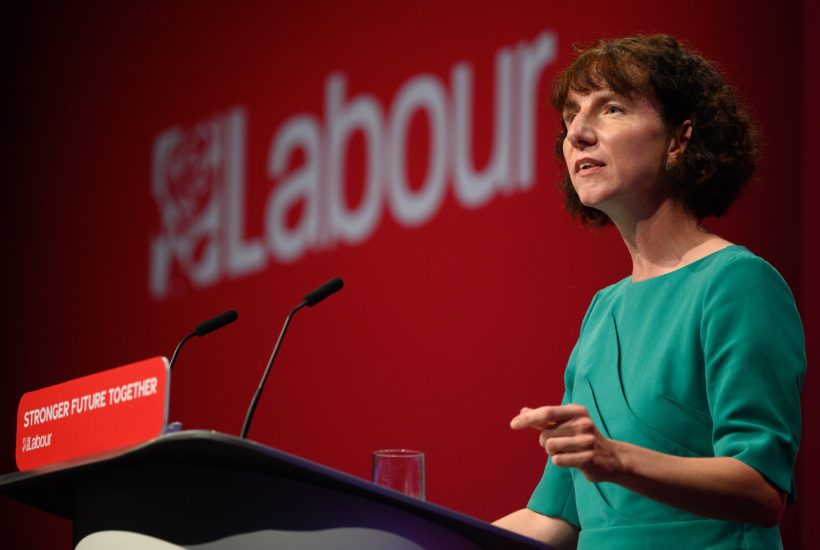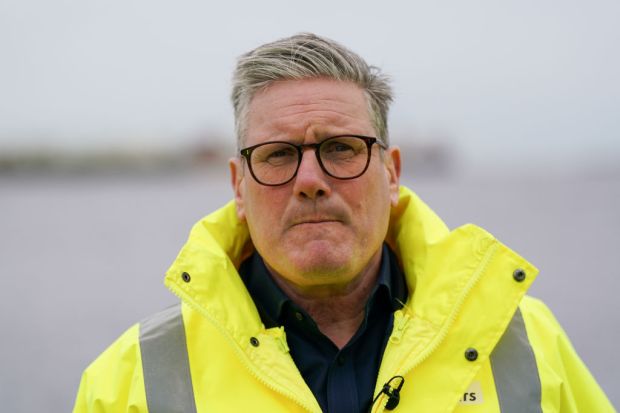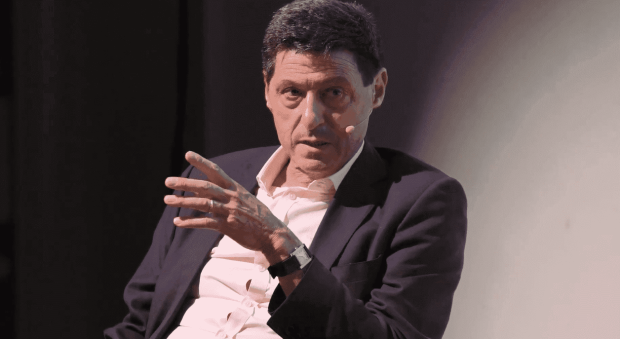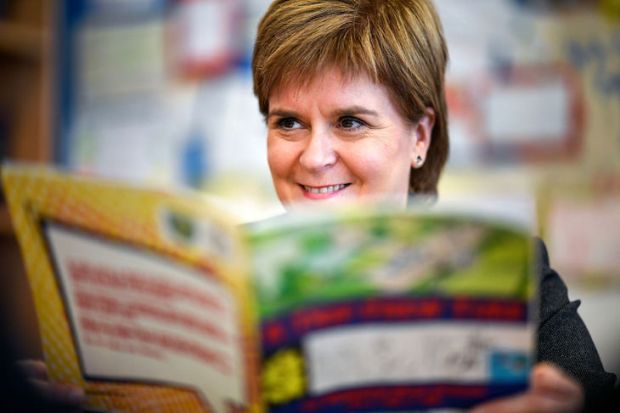Happy International Women’s Day! To mark this auspicious occasion, the Radio 4 programme Woman’s Hour today hosted a conversation between presenter Emma Barnett, former Home Secretary Amber Rudd and the Labour shadow minister for women and equalities, Anneliese Dodds.
Unfortunately, amid all the amicable chatter about why Dodds’ post does not have a full-time dedicated Cabinet minister, Barnett decided to raise a difficult question for any right-on Labour MP. Referencing the query of one listener called Jill, Barnett asked the Labour chair if a future government led by Keir Starmer would legislate to define what a woman actually is.
Dodds squirmed for several minutes to answer the question, tying herself in knots as she declined to give Barnett the ‘pithy’ answer she desired as to what constitutes a ‘woman’ and how she would reconcile Labour’s support for updating the Gender Recognition Act with single-sex exemptions.

So unimpressed with the response was Harry Potter author JK Rowling that the longtime Labour supporter took to Twitter to declare: ‘Someone please send the shadow minister for equalities a dictionary and a backbone.’ Rowling, who donated £1 million to Labour in 2008, added: ‘Apparently, under a Labour government, today will become ‘We Who Must Not Be Named Day.’ Ouch.
Below is a full transcript of the exchange….
EB: ‘There’s one just to put here again to you Anneliese, if I can, from Jill and I have to say a whole series of these messages came in at the same time – ‘I would legislate for a clear definition of what a woman is’. You’re in this position and Labour still, it seems to be, the position that Labour would update the Gender Recognition Act to enable a process of self-identification. How does that fit with also trying to support the implementation of single-sex exemptions? How do those two things go together, which I believe is Labour’s position.’
AD: ‘Well, they go together because of a very proud Labour achievement, ultimately, which was that Equality Act 2010. One of the last measures that we were determined to put into place as a Labour government and that Equality Act, as many people listening to this I’m sure will be aware and they may well have used its provisions actually against discrimination. It protects on the basis of sex and it ensures that there can be change from the usual principle of, for example, the inclusion of trans people where that is a proportion means to a legitimate end. It’s spelled out very clearly within that act and we’d uphold these provisions. So that’s how it goes together. You know, really, we need to end up in a situation where we see equality across the board where we make sure that we have that future where everyone can have those opportunities.’
EB: ‘And Labour’s definition of a woman?’
AD: ‘Well, I have to say that there are different definitions legally around what a woman actually is. I mean, you look at the definition within the Equality Act, and I think it just says someone who is adult and female, I think, but then doesn’t say how you define either of those things. I mean obviously, that’s when you’ve got the biological definition, legal definition all kinds of things…’
EB: ‘With respect I didn’t ask for that. What’s the Labour definition?’
AD: ‘Oh I think with respect Emma, I think it does depend what the context is surely. I mean surely that is important here. You know, there are people who have decided that they have to make that transition. You know I’ve spoken with many of them. It’s been a very difficult process for many of those people. And you know, understandably, because they live as a woman, you know, they want to be defined as a woman. That’s what the Gender Recognition Act, again a Labour government brought into place.’
EB: ‘Context is all but trans women are women from your perspective? Is that right?’
AD: ‘But then when when you come to the Equality Act, you know Emma, I’m not going to…’
EB: ‘You’re just shadow women and equalities minister. I’ve been asked this by about eight messages here. And I’m just trying to clarify because the government’s been very clear, it’s not going ahead in England with the process of self-identification. So that’s why I’m asking you.’
AD: ‘Well I don’t think the government has been very clear around many aspects of this, Emma. When it comes to the operation of the single-sex exemptions you know that is spelled out within the Equality Act, quite rightly. I mean when it comes to sport for example… it says that you can have single-sex, sorry if i can just finish… you can have that single sex exemption, for example, if that’s necessary for the safety of participants in sport, or if it’s necessary, in order to ensure fair competitions. That is spelled out within the act. I think it’s really important that we’re actually looking at what the legislations says.’
EB: ‘I’ve read it out. I’ve read it out several times and I’m sure I will continue to do so. I was just trying to get a pithy answer or definition from you there in your role.’
Maybe next year eh…
Got something to add? Join the discussion and comment below.
Get 10 issues for just $10
Subscribe to The Spectator Australia today for the next 10 magazine issues, plus full online access, for just $10.





















Comments
Don't miss out
Join the conversation with other Spectator Australia readers. Subscribe to leave a comment.
SUBSCRIBEAlready a subscriber? Log in